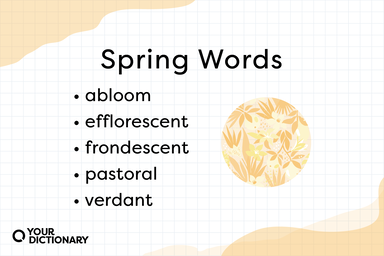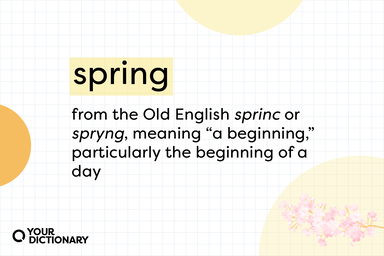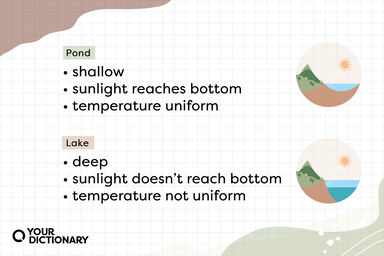Fresh Definition
- having just sold or used up the last one or part (of)
Other Word Forms of Fresh
Noun
Adjective
Idioms, Phrasal Verbs Related to Fresh
Origin of Fresh
-
From Middle English fresch, fersch, from Old English fersc (“fresh, pure, sweet”), from Proto-Germanic *friskaz (“fresh”), from Proto-Indo-European *preisk- (“fresh”). Cognate with Scots fresch (“fresh”), West Frisian farsk (“fresh”), Dutch vers (“fresh”), Walloon frexh (“fresh”), German frisch (“fresh”), French frais (“fresh”), Danish frisk (“fresh”), fersk, Icelandic ferskur (“fresh”), Lithuanian prėskas (“unflavoured, tasteless, fresh”), Russian пресный (pr'ésnyj, “sweet, fresh, unleavened, tasteless”).
From Wiktionary
-
1848, US slang, probably from German frech (“impudent, cheeky, insolent”), from Middle High German vrech (“bold, brave, lively”), from Old High German freh (“greedy, eager, avaricious, covetous”), from Proto-Germanic *frekaz (“greedy, outrageous, courageous, capable, active”), from Proto-Indo-European *(s)pereg- (“to be quick, twitch, sprinkle, splash”). Cognate with Old English frec (“greedy; eager, bold, daring; dangerous”). More at freak.
From Wiktionary
Middle English from Old English fersc pure, not salty and from Old French freis (feminine fresche) new, recent of Germanic origin
From American Heritage Dictionary of the English Language, 5th Edition
Find Similar Words
Find similar words to fresh using the buttons below.





